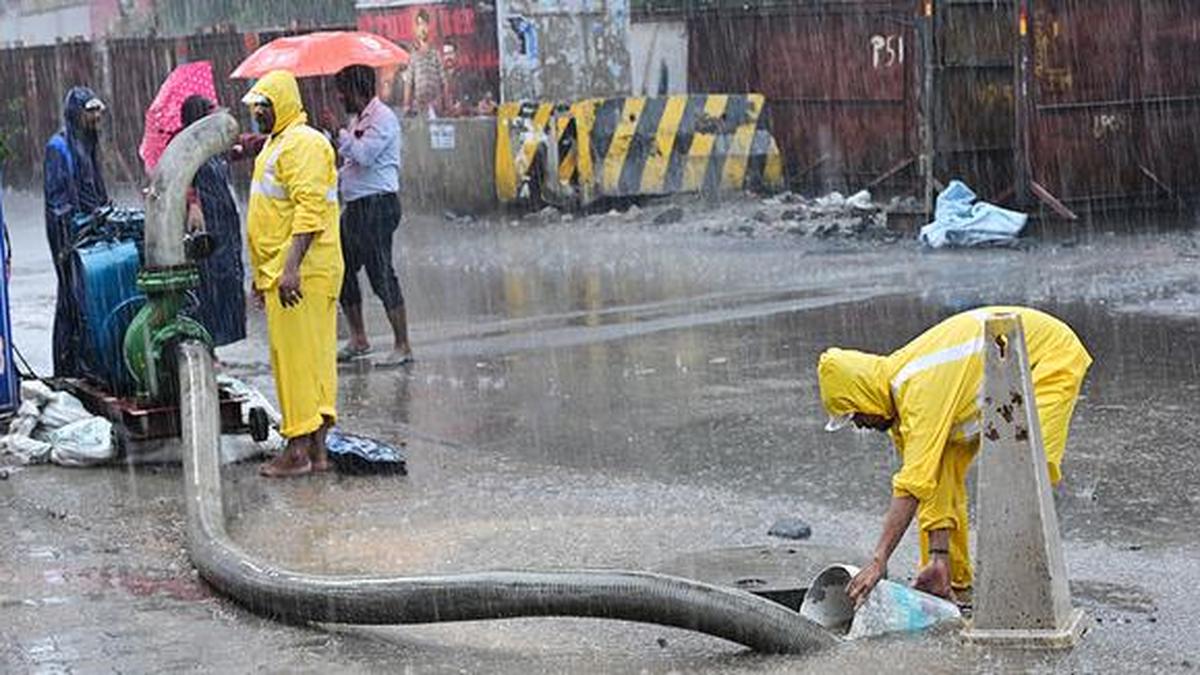Copyright tribuneonlineng

When President Bola Ahmed Tinubu announced the appointment of new service chiefs last week, it marked another major reshuffle at the top of Nigeria’s defence hierarchy and perhaps, a turning point in the country’s long-running battle against insecurity. The appointments, which took effect immediately, were not just routine bureaucratic changes; they symbolized a critical test of the administration’s promise to restore peace, order, and stability across Nigeria’s troubled regions. Their appointments followed weeks of speculation about an imminent change in military leadership amid growing public concern over worsening security challenges. For President Tinubu, this decision could define his administration’s security legacy. Since taking office, he has repeatedly emphasized that security remains his top priority. However, the reality across many parts of the country paints a grim picture. Banditry continues to ravage the North-West; Boko Haram and ISWAP insurgents still pose threats in the North-East; and incidents of kidnapping and communal violence persist in the North Central and southern regions. The president’s challenge, therefore, lies not just in appointing new commanders but in ensuring they deliver results where their predecessors struggled. Public reaction to the appointments has been cautiously optimistic. Many Nigerians welcome the changes as long overdue. Civil society groups and security experts have, however, urged the government to complement the new leadership with reforms that address welfare issues among rank-and-file soldiers. Beyond structural reforms, another major test will be the government’s ability to manage public perception and rebuild trust in the military. Over the years, reports of human rights violations and alleged corruption have strained relations between the armed forces and civilians. Analysts argue that Tinubu’s service chiefs must work to restore public confidence through transparency, professionalism, and closer collaboration with communities affected by conflict. The timing of the reshuffle has also stirred political interpretations. Coming barely weeks after rumours of a foiled coup attempt, some believe the move was designed to reassert civilian control over the military and prevent internal dissent. The presidency, however, insists that the appointments are purely strategic and aimed at achieving greater efficiency and discipline within the armed forces. As the dust settles, what remains clear is that Nigeria’s security problems are deep-rooted and multi-faceted. The new service chiefs will need not only courage but also innovation—leveraging technology, intelligence, and diplomacy to complement brute force. The nation’s future stability will depend largely on how well they synchronize their efforts, sustain troop morale, and win the confidence of Nigerians who, for years, have lived under the shadow of fear. In the end, President Tinubu’s gamble on a new generation of military leaders could either redefine his administration’s success or become another episode in the cycle of leadership changes without meaningful impact. For now, Nigerians are watching, waiting, and hoping that this new dawn in military leadership brings the long-awaited peace the country so desperately deserves. Harris is a 300 Level student of the Department of Mass Communication, University of Maiduguri.



